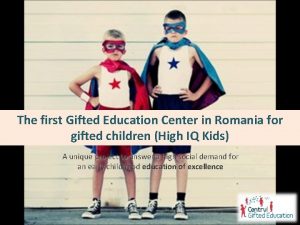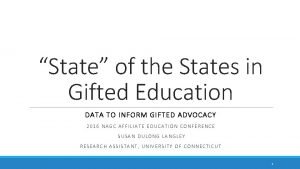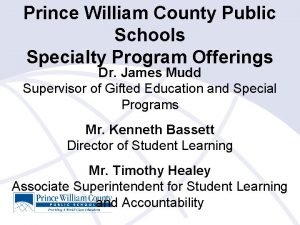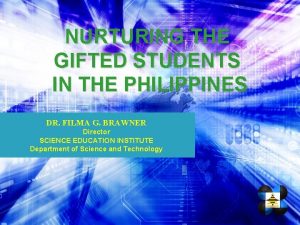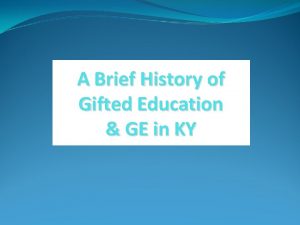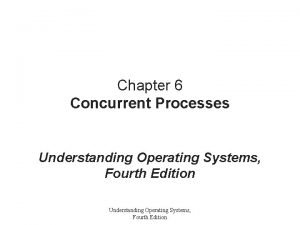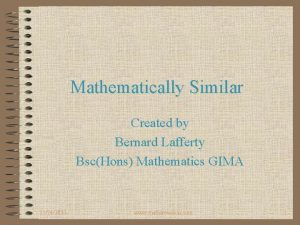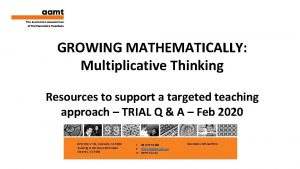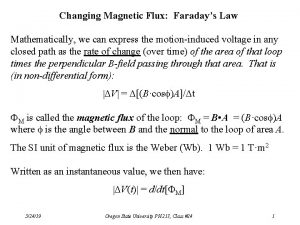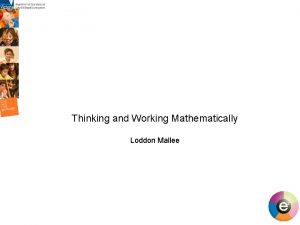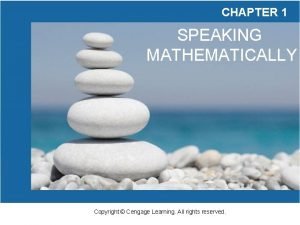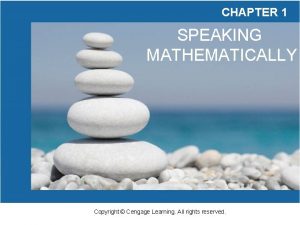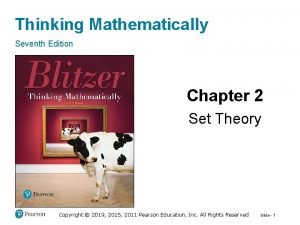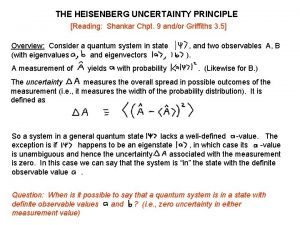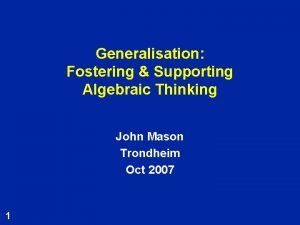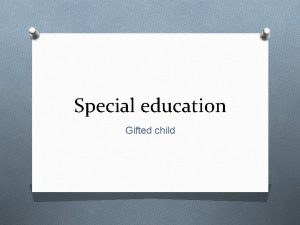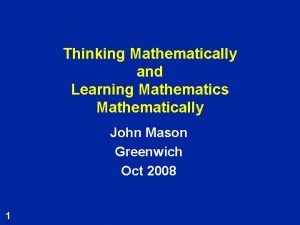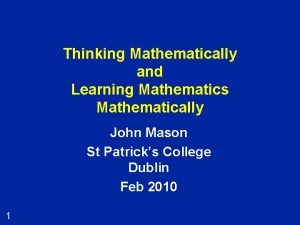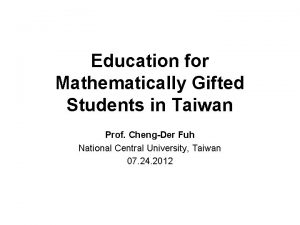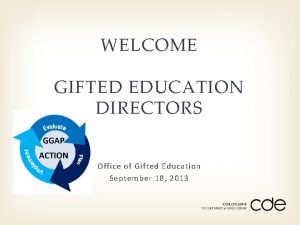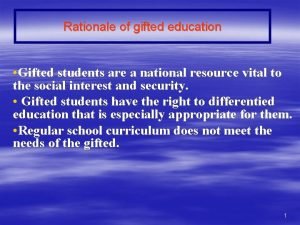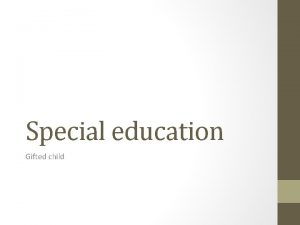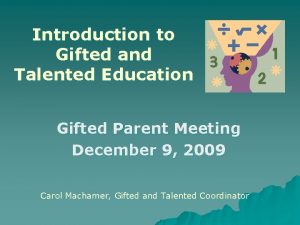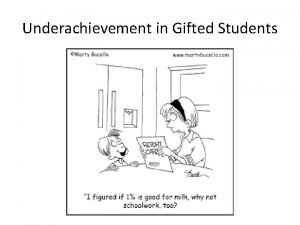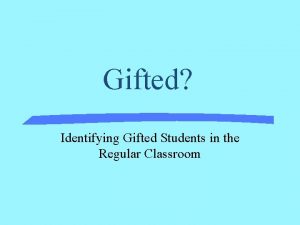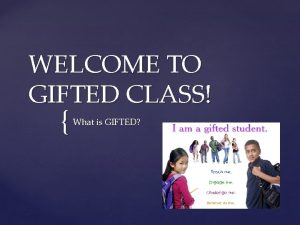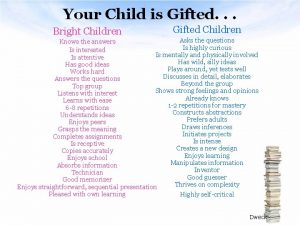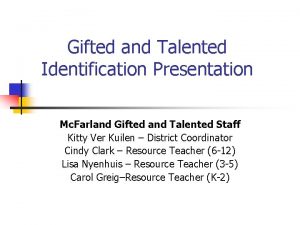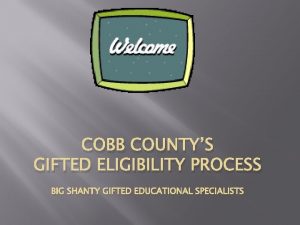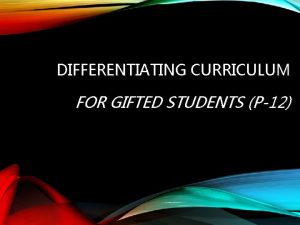INNOMATH Innovative enriching education processes for Mathematically Gifted


















- Slides: 18

“INNOMATH - Innovative enriching education processes for Mathematically Gifted Students in Europe” Project Number: 2019 -1 -DE 03 -KA 201 - 059604 Title of Content: INNOMATH Focus Group- Cyprus Presenter: CYMS This project has been funded with support from the European Commission. This Power. Point reflects the views only of the author, and the Commission cannot be held responsible for any use which may be made of the information contained herein.

Focus Group Agenda 1. The INNOMATH project 2. Learning Plans 3. Modules 4. Aim of the Focus Group 5. What is a MID-Day 6. Discussion Topics 7. Closing Remark

1. The INNOMATH project • The INNOMATH project intends to develop new methodologies for supporting gifted pupils in mathematics of age 10 -18, which can be used inside and outside any school environment. • The project is approved and funded by the European Commission under ERASMUS+ KA 2 in the field of Strategic Partnerships for school education. Project Number: 2019 -1 -DE 03 -KA 201 - 059604

1. The INNOMATH project • The main target group of the INNOMATH project are the teachers, whom the project aims to support by developing an Electronic Guidebook through which they can be guided in their teaching and support to "gifted" students with a role of facilitators. • The project will produce an innovative set of guidelines and tools for teachers enriching their competences for supporting gifted pupils inside and outside the classroom environment. Project Number: 2019 -1 -DE 03 -KA 201 - 059604

1. The INNOMATH project The results of INNOMATH are expected to contribute also to the following school education priorities as described in ERASMUS+ Programme Guide: • Supporting teachers in dealing with diversity in the classroom; • Supporting teachers in adopting collaborative and innovative practices, • Supporting schools to tackle disadvantage and to offer quality education, enabling success for all students, from the LOWEST to the HIGHEST end of the academic spectrum Project Number: 2019 -1 -DE 03 -KA 201 - 059604

1. The INNOMATH project Outputs • Electronic Guidebook of Methods and Tools for teacher facilitators: • Analysis Report on Good Practices and Methods used to support gifted/talented pupils in schools • Mathematics meets Industry in School – Knowledge to Innovation through Practice: Guidelines • INNOMATH Course for teacher facilitators: Supporting Mathematically Gifted Students Project Number: 2019 -1 -DE 03 -KA 201 - 059604

2. Learning Plans The Project has produced Learning plans for advanced mathematics topics in support of talented students The Learning Plans produced are: LP 2. Spreadsheet basic programming 7 -9 LP 2. Spreadsheet basic programming 10 -12 LP 3. Spherical Geometry LP 5. Linear programming, optimization, simplex LP 5. 1. Linear Programing, 2 variables LP 5. 2. Linear programming, optimization, spreadsheet LP 6. Compound interest, spreadsheet LP 7. Spreadsheet, probability, combinations LP 8. Digital Geometry Software LP 8. 1. Digital Geometry Software LP 9. Spreadsheet geometric programming LP 10. Algorithmics LP 11. Graph theory, matrix Project Number: 2019 -1 -DE 03 -KA 201 - 059604

3. Modules The Project has produced Modules for advanced mathematics topics in support of talented students The Modules produced are: M 1. Access and use to the content of IO 3 – MID Day Model M 2. Inquiry Based Learning M 3. Discovery Based Learning M 4. Problem Solving Methods M 5. Project based learning and project work Methodology M 6. Presentation and Communication Skills M 7. Raising the entrepreneurial mind se in school students though learning activities M 8. Cloud Computing and Cloud Education Leadership M 9. Evolution of Education 3. 0 to 4. 0, Future schools M 10. Cooperative Learning for teachers and students Project Number: 2019 -1 -DE 03 -KA 201 - 059604

4. Aim of the Focus Group The focus group is organized with the purpose to validate the mid-day methodology. Therefore, the focus group participants can provide comments, improvements, suggestions, or ideas on how to improve the mid-day methodology to meet the quality standards of the project. In addition, the feedback gathered, will help to best design the Training Course for teachers to be developed in one of the outputs of the project (IO 4). Project Number: 2019 -1 -DE 03 -KA 201 - 059604

5. What is a MID-Day: An actual Math and Industry Day, when students tackle a problem set up by an industrial partner and analyzed/adapted by the academics/researchers and teachers. Project Number: 2019 -1 -DE 03 -KA 201 - 059604

6. Discussion Topics 1. Do you feel the structure of the program for MID-day is suitable for the needs of the project? 2. Do you think the MID-day methodology is going to challenge and improve the Mathematically Gifted 3. 4. Students? Do you have any suggestions on how teachers can motivate students to participate even when they feel insecure about their knowledge? Do you believe the content of the MID-day can be easily used and implemented in the school curricula ? Project Number: 2019 -1 -DE 03 -KA 201 - 059604

6. Discussion Topics 5. Do you believe the material implemented in the everyday math class is going to support the 6. 7. capabilities of the students? Do you think the supporting material created by INNOMATH will support the needs of talented students for the purpose of the MID Day? Do you think that the teachers are well prepared for shaping the industrial problems in a way understandable for the students? Do you find the teacher course modules to be useful for developing their competences for this purpose. Any suggestions on how the “working as a group” mentality can be transferred to the students? Can you suggest additional tools that teachers can provide to the students in relation to learn to work in a team? Project Number: 2019 -1 -DE 03 -KA 201 - 059604

6. Discussion Topics 8. Do you believe the MID-day can work in hybrid format, with online teleconferences? Can this be achievable? What are some problems we are likely to face in the hybrid implementation? Are there any solutions? 9. Do you think industry/enterprises would be interested to participate in such activity with school students? What do you think are the incentives for industry? 10. Do you think the involvement of HE researchers is crucial for the implementation of such activities? Any suggestions for best cooperation? Project Number: 2019 -1 -DE 03 -KA 201 - 059604

6. Discussion Topics 11. Can you suggest any industrial problems or activities that can be used for this purpose? 12. Do you believe the involvement of the industry is important for building the critical thinking of the students and their employability future? 13. Gamification is rising in popularity in the recent years. Do you think that gamification is a good way to implement industrial problems in the MID-day? 14. Do you think a kind of rewarding will help the students do their best? Project Number: 2019 -1 -DE 03 -KA 201 - 059604

6. Discussion Topics 15. What kind of rewarding do you believe is appropriate in the MID-day? (prizes, certification…) 16. According to your expertise what are some good elements/methods of evaluation of the MID-day? (survey, questionnaires…) 17. Are there any improvements you would make in the programming/structure of the MID-day? Project Number: 2019 -1 -DE 03 -KA 201 - 059604

6. Discussion Topics • Any additional comments/thoughts? Project Number: 2019 -1 -DE 03 -KA 201 - 059604

7. Closing Remark • Thank you for your participation and Feedback!

INNOMATH Partners Project Number: 2019 -1 -DE 03 -KA 201 - 059604
 Ways of enriching bible understanding
Ways of enriching bible understanding Gifted education center
Gifted education center State of the states in gifted education
State of the states in gifted education Prince william county specialty programs
Prince william county specialty programs A government program for gifted students in the philippines
A government program for gifted students in the philippines History of gifted education
History of gifted education Concurrent processes are processes that
Concurrent processes are processes that Existential universal statement example sentence
Existential universal statement example sentence Mathematically similar
Mathematically similar Growing mathematically
Growing mathematically Express magnetic flux mathematically
Express magnetic flux mathematically Thinking and working mathematically
Thinking and working mathematically Speaking mathematically
Speaking mathematically Rewriting a universal existential statement example
Rewriting a universal existential statement example Thinking mathematically 7th edition
Thinking mathematically 7th edition Heisenberg uncertainty principle mathematically
Heisenberg uncertainty principle mathematically Copper plate multiplication
Copper plate multiplication Kontinuitetshantering i praktiken
Kontinuitetshantering i praktiken Novell typiska drag
Novell typiska drag

